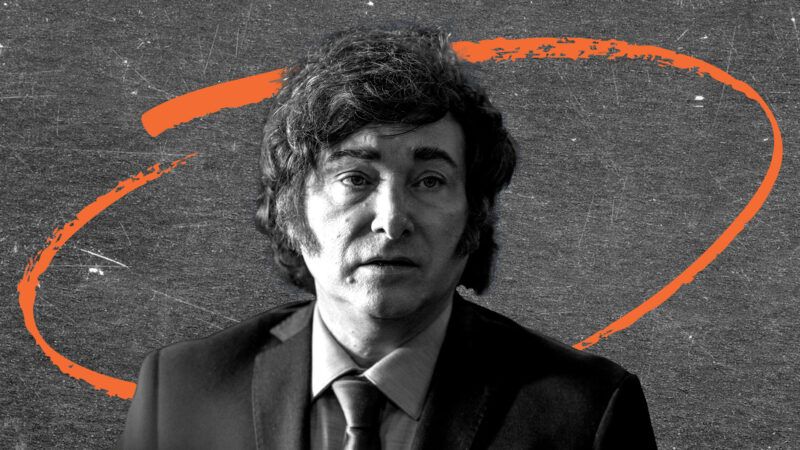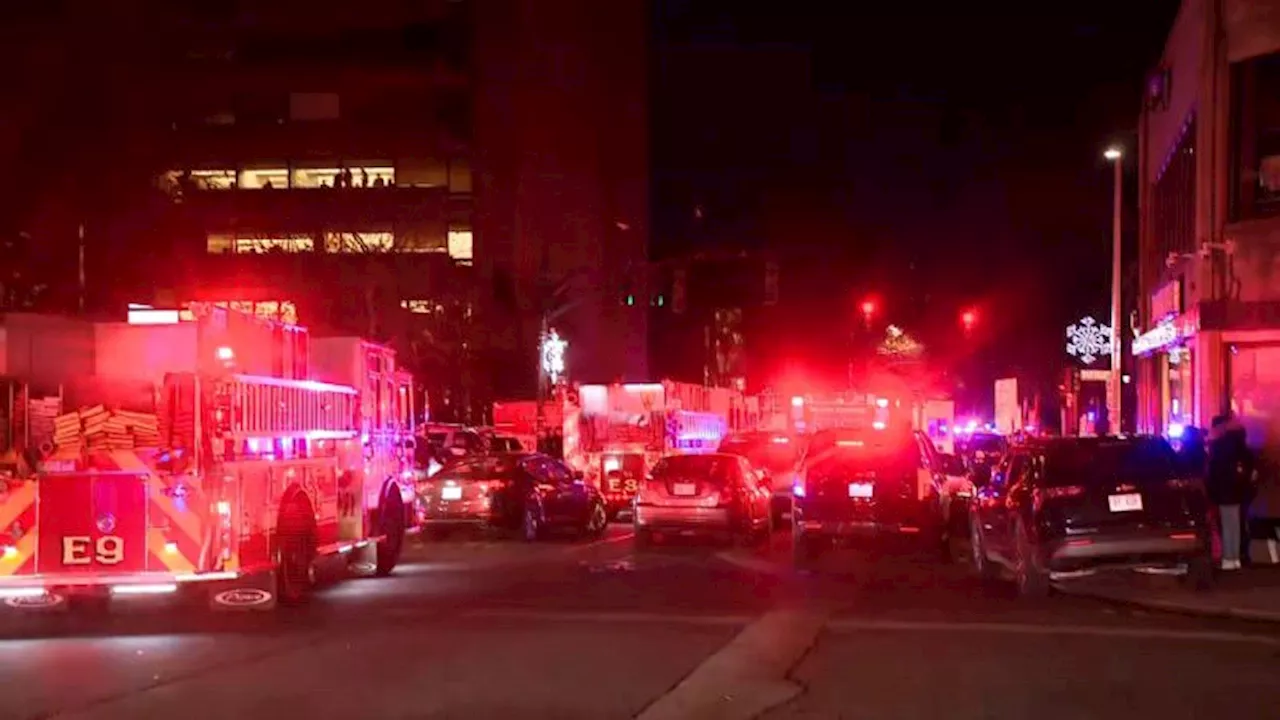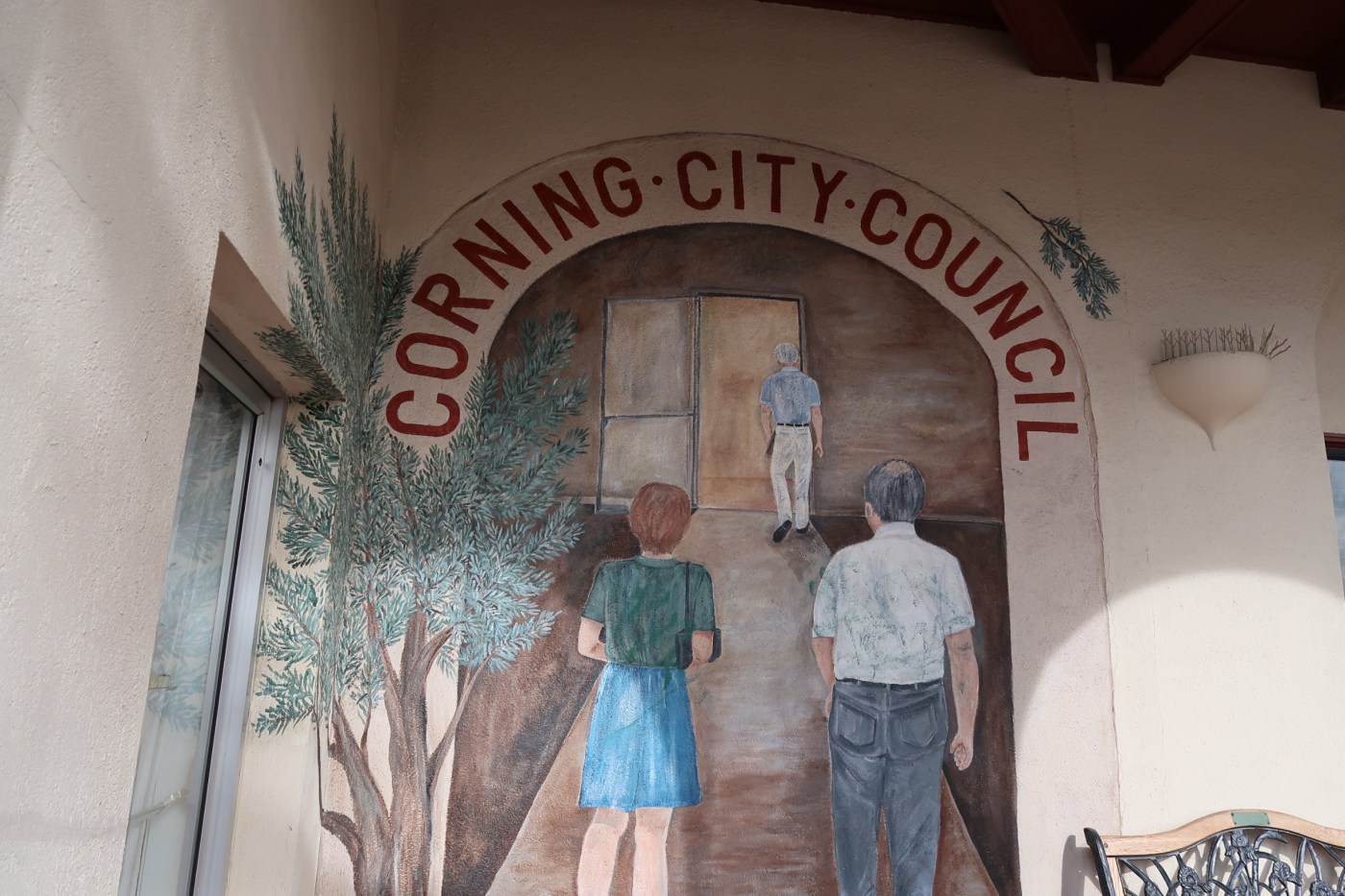UPDATE: Argentina’s political landscape is shifting as the nation braces for critical midterm elections on October 26, 2025. Javier Milei, the controversial libertarian president, faces an urgent crisis as his radical free-market reforms are threatened by a lack of legislative support and mounting public discontent.
Last week, the Trump administration intervened with a $20 billion financial rescue plan for Argentina, which could escalate to $40 billion. This includes a currency swap and a rare direct purchase of pesos aimed at stabilizing the beleaguered exchange rate. While this intervention provided a temporary boost to Argentine bonds, it has worsened Milei’s public image, turning what was supposed to be a bold libertarian experiment into a public relations debacle.
Milei’s Freedom Advances party currently controls only 37 of 257 seats in the Chamber of Deputies and 6 of 72 in the Senate. As his administration collides with hostile lawmakers, his ambitious reform agenda hinges on a precarious alliance with centrist and leftist factions. The upcoming elections will see voters elect half of the Chamber of Deputies and a third of the Senate, making this a defining moment for Milei’s presidency.
The stakes are monumental. If Milei can secure a minimum of 86 seats in the Chamber of Deputies, he could gain veto power, a pivotal advantage for advancing his libertarian reforms. Failure to do so could solidify the narrative that radical free-market policies cannot survive in the complexities of real-world politics.
Despite initial hopes, Milei’s fervor has diminished. Once seen as a revolutionary figure, he now finds himself navigating the same political waters he vowed to change. His administration is filled with members of the “political caste” he promised to dismantle, including Guillermo Francos, who served under a Peronist government.
The political environment is further complicated by Milei’s past promises and the resurgence of Peronism, a dominant force in Argentine politics. In recent local elections, Milei suffered a significant defeat in Buenos Aires, a province home to nearly 40 percent of the electorate. The governor, Axel Kicillof, has emerged as a strong opposition figure, framing Milei’s policies as detrimental to essential services like healthcare and education.
Public sentiment is shifting as voters express frustration over rising inflation and economic instability. While inflation has decreased from 211 percent in 2023 to a projected 27 percent by the end of 2025, the pain of economic adjustments is palpable. Journalist Eduardo Feinmann recently confronted Milei, highlighting that 26 companies are closing every day and that 80 percent of Argentines struggle to make ends meet.
Milei’s once-strong support is waning as corruption scandals shake his administration. Recent controversies involving cryptocurrency promotions and alleged kickbacks have fueled voter distrust. With corruption now ranking among voters’ top concerns, Milei’s “revolution” risks being perceived as just another iteration of Argentine politics.
As the election date approaches, Milei’s reliance on U.S. backing becomes more critical. The Trump administration has made it clear: support hinges on Milei winning in October. The political stakes couldn’t be higher; if Milei fails to galvanize support, it could lead to further economic turmoil and potential default.
With voter sentiment shifting and the political landscape in flux, all eyes are on the upcoming midterm elections. Javier Milei must transform his outsider rage into effective coalition-building or risk burying his libertarian vision along with his political future. The next few weeks will be crucial for Milei and the future of Argentina’s economic and political landscape.






